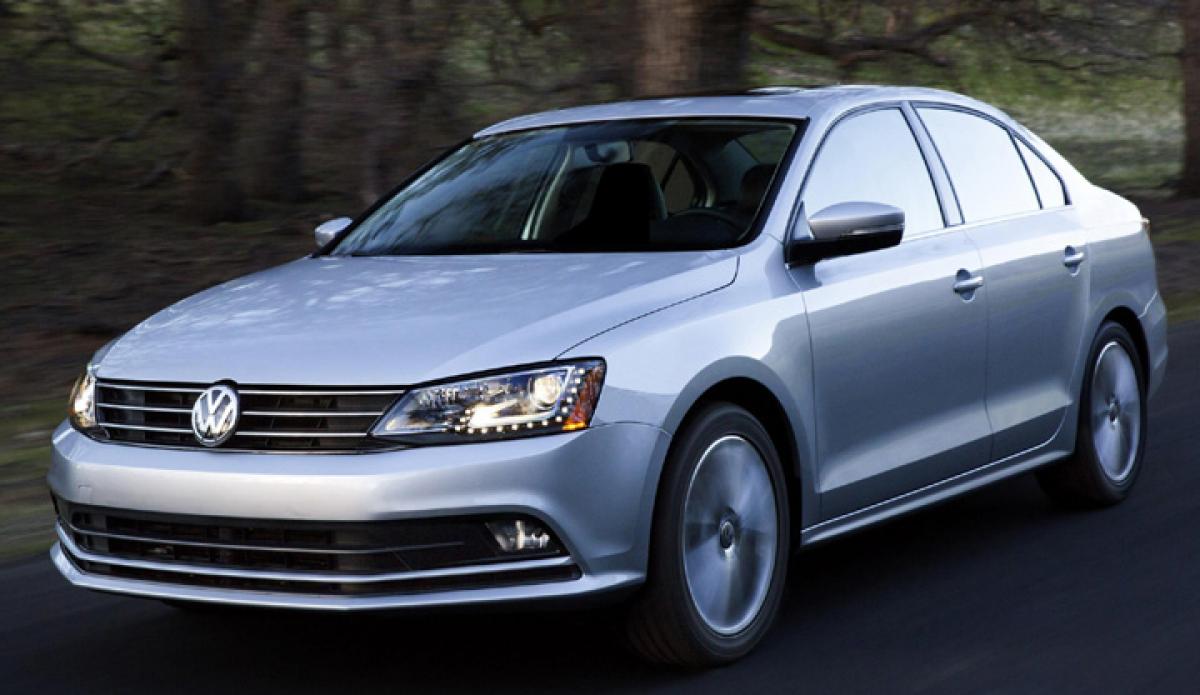Live
- FIIs to reduce selling in India towards year-end, fresh allocations to occur
- Amit Shah accuses Hemant Soren of shielding Bangladeshi infiltrators
- I’m a fool essentially providing free funding to OpenAI: Musk once told Altman
- Have plans A, B, C and D in hand as there’s no certainty in the player auction, says RCB's Bobat
- ISRO to launch communication satellite aboard Elon Musk’s SpaceX rocket
- Congress opens shop of lies & loot during elections: Rajasthan CM
- Indian startups raise over $182 million in funding this week
- Use of VPNs 'un-Islamic', declares Pakistan's Council of Islamic Ideology
- AP Dy CM, assembly speaker condoles death of former MLA Nara Rammurthy Naidu
- Senegal wraps up campaigning for legislative elections ahead of vote on Nov 17









